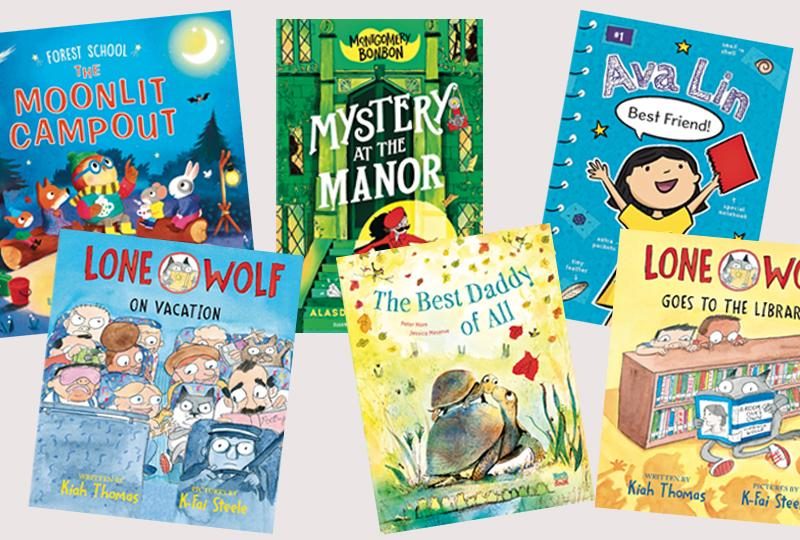
Learn to remember
How would you rate your memory? Excellent? Good? Fair? (Or perhaps you've already forgotten the question?!)
Every day many demands are made on your child's memory—be it learning the sounds letters make, new words, math facts, or perhaps even difficult scientific formulas. For some, this complex and often misunderstood process of storing and retrieving information is easy. However, for others, it can be the cause of great frustration and even lowered self-esteem.
While there can be many physical and psychological reasons your child's memory may not function as well as another's, here are a few simple strategies you can use or teach to your child to help strengthen the storage or retrieval of information:
Make the link
Link new information to something your child already knows. Help him/her to make connections with other skills or strategies already learned through discussion, pictures, or games. This is especially true if it can be related to something he/she is very interested in, like a favourite sport, hobby, book, TV show, etc.
Keep it small
"Chunk" the information. As the short-term memory is so small, "chunking" information into smaller, more manageable pieces (like only giving one step of a multi-step process or one item on a to-do list) can help your child have less to recall at one time. This is also good for writing assignments—limiting students to only one stage (like brainstorming) can help avoid overload. Students should also be taught how to summarize or paraphrase information themselves, limiting the amount they may need to remember on their own.
Why should I
Give them a reason to remember. Make the knowledge or skill relevant to his/her life by discussing or applying it in real life situations. For example, grocery stores are great places to estimate, add, subtract, calculate discounts, check change, etc. As well, restaurants, ethnic markets, or trips can be great places to practice new languages.
Fact Whisperer
For some children whispering important information to themselves as they hear it (e.g. during a lesson) or while reading may help. This is also a good strategy for repeating instructions back to themselves.
Visualize
Try making a "mental picture". This can be excellent for remembering lists, how words are spelled (see the word), or even a process (visualize doing the steps). It also uses a different part of the brain than reading or listening, which may be helpful.
If you suspect your child may have memory issues, starting a conversation with your family doctor and/or classroom teacher is always a good idea. Not only can tests be conducted, but accommodations such as giving him/her more time on tests, or loaning you a textbook or materials in advance of a new topic being studied may be options.
While there are often no "quick fixes" or to correct a breakdowns in memory pathways, or "leaky memories", teaching your children about their memories and getting them to ask questions like, "What does this remind me of?" or, "Can I picture it in my head?" can make a big difference both at school and beyond.
– An award-winning educator, Rob Stringer BA, B.Ed, CPC, is also a certified Parenting Coach. Sign up to receive his free monthly newsletter at www.ParentingWithIntention.ca.







